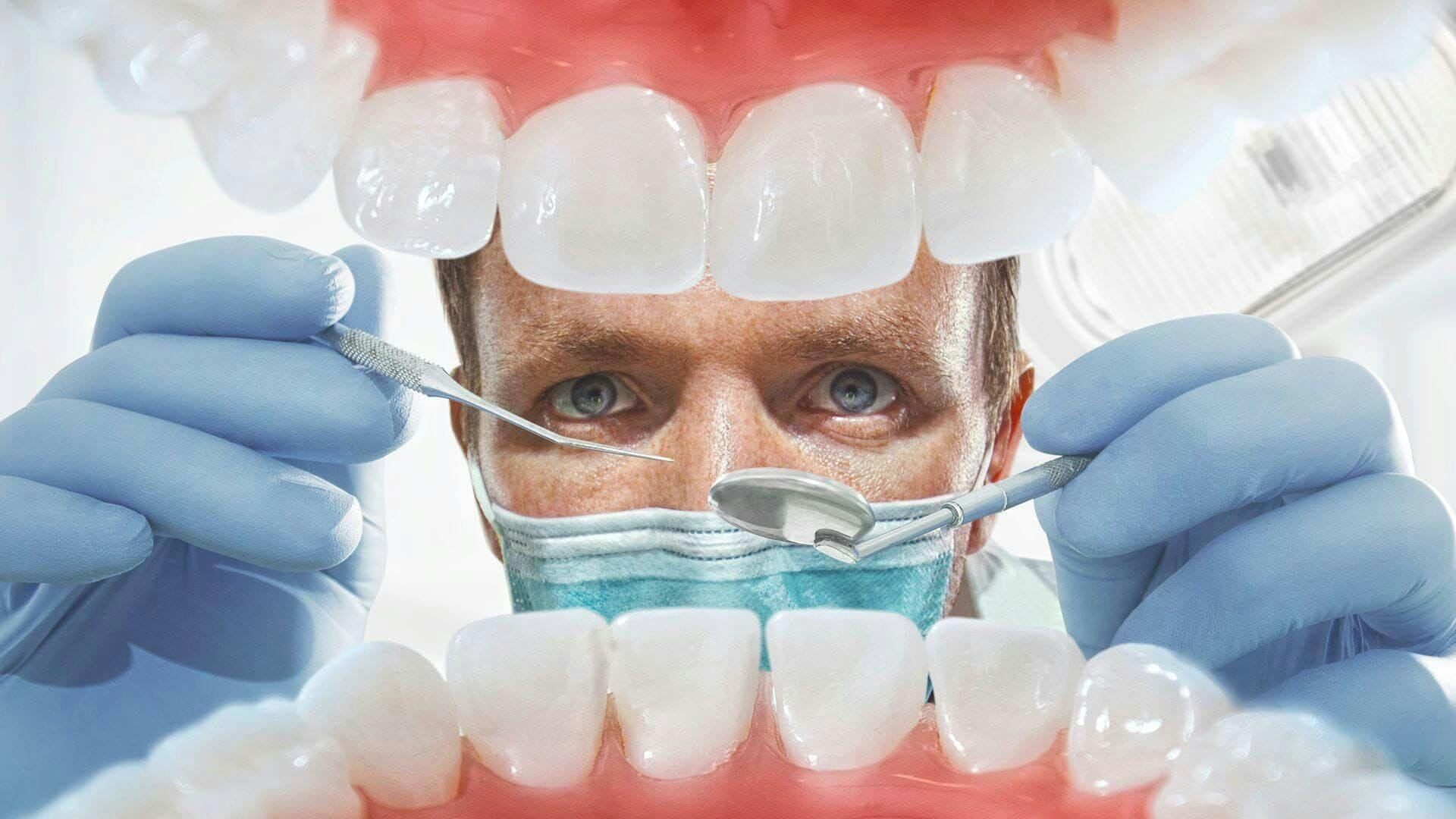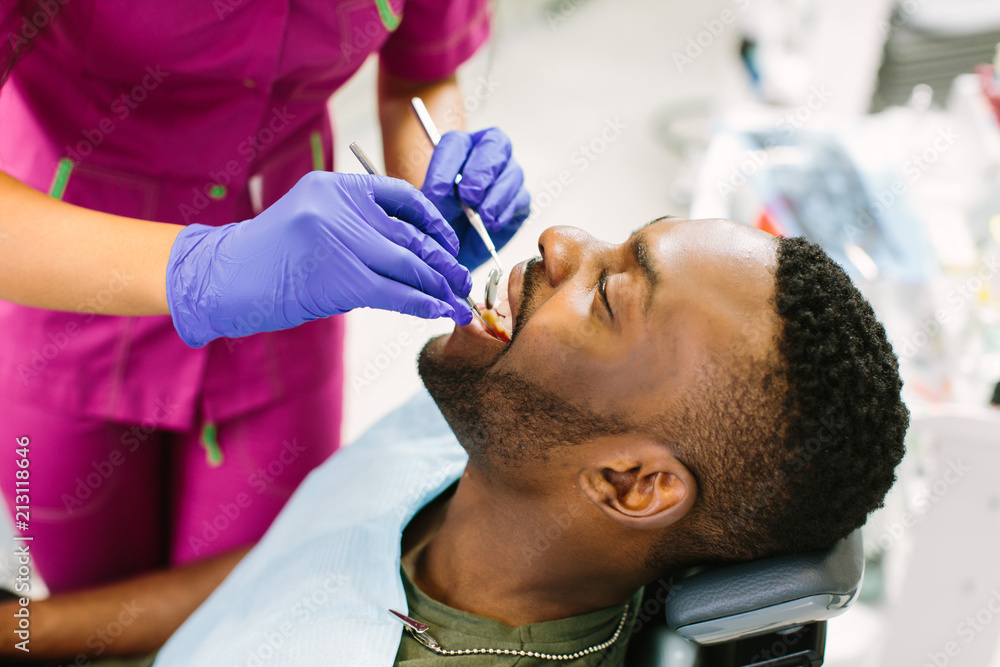Common Concerns Concerning Oral Veneers Answered
Dental veneers have become an increasingly popular choice for those looking to enhance their smiles, yet lots of people stay unsure concerning numerous aspects of their usage. As we explore these common queries, it becomes important to think about not just the benefits however additionally the ramifications of choosing for dental veneers in quest of a more positive look.
What Are Dental Veneers?
Oral veneers are thin, custom-made shells crafted from porcelain or composite resin that are designed to cover the front surface of teeth. These oral prosthetics serve both practical and visual functions, providing a solution for various oral blemishes, including staining, chips, gaps, and imbalance. By sticking to the teeth, veneers can significantly boost the total appearance of a smile, creating a much more appealing and uniform appearance.
Porcelain veneers are especially preferred for their natural translucency and discolor resistance, making them an optimal selection for individuals looking for resilient outcomes. On the other hand, composite resin veneers are usually more economical and can be used in a single check out, however they might not use the same longevity as porcelain choices.
The choice to choose dental veneers commonly originates from a need for visual renovation, yet clients need to additionally consider variables such as the long life of the product, upkeep requirements, and the prospective demand for tooth decrease (Low Cost Veneers). Eventually, oral veneers represent a versatile and effective remedy for achieving a glowing smile, dealing with specific cosmetic requirements while advertising self-confidence and self-esteem
How Are Veneers Applied?
The application process for veneers calls for mindful planning and precision to make certain optimum outcomes. The treatment generally starts with a comprehensive assessment, where the dentist reviews the person's dental wellness, talks about desired outcomes, and establishes the suitable kind of veneers, whether porcelain or composite material.
When the treatment plan is developed, the dental practitioner prepares the teeth by getting rid of a thin layer of enamel, generally about 0.5 mm to 1 mm, to fit the veneer. This action is important as it ensures an appropriate fit and avoids the veneers from appearing cumbersome - Porcelain Veneers Washington DC. After prep work, impressions of the teeth are taken to create customized veneers that match the individual's special dental framework and visual choices
While the permanent veneers are being fabricated in a dental laboratory, temporary veneers might be placed to secure the prepared teeth. As soon as the irreversible veneers are all set, the dental professional will meticulously bond them to the teeth utilizing a strong oral adhesive. Final modifications are made to make sure proper positioning and bite, complied with by polishing for a natural appearance. The process finishes in a follow-up consultation to check the veneers' fit and the patient's satisfaction with their new smile.
What Are the Perks?

In addition, veneers are known for their sturdiness and resistance to discoloring contrasted to natural teeth. Made from high-quality materials such as porcelain or composite resin, they can maintain their look for years with proper treatment. This durability makes them a functional investment in one's oral appearance.
Along with aesthetic enhancements, veneers can additionally add to enhanced oral health. By covering harmed or weakened teeth, they can give extra support and security, aiding to avoid further decay or degeneration. This protective facet can lower the demand for more considerable oral procedures in the future.

For How Long Do They Last?
With proper care and maintenance, oral veneers can last anywhere from 10 to 15 years, making them a lasting service for enhancing one's smile. The durability of veneers mainly relies on the material made use of, the quality of the initial placement, and the individual's adherence to dental hygiene techniques.
Porcelain veneers are known for their durability and why not try here resistance to staining, commonly lasting closer to the 15-year mark when taken care of suitably. Composite veneers, while a lot more budget-friendly, may call for replacement sooner, often within 5 to 10 years because of their susceptibility to use and discoloration.

In addition, putting on a mouthguard during sporting activities or nighttime can supply added protection. Inevitably, while veneers use a considerable aesthetic improvement, their durability is considerably influenced by the commitment to proper oral care and routine consultations with a dental expert.
Are There Any Risks?
Thinking about the transformative results of dental veneers, it is essential to acknowledge the possible risks related to their application. While veneers can boost the appearance of teeth, the procedure includes the elimination of a slim layer of enamel, which can increase tooth sensitivity and vulnerability to decay.
One considerable threat is the opportunity of incorrect placement or fitting, leading to discomfort, bite imbalance, and even damage to the underlying tooth framework. Additionally, if the veneers are not maintained effectively, they can come to be stained or cracked over time, demanding substitute.
Patients may additionally experience sensitive responses to the products used in the veneers, particularly if they have sensitivities to certain oral compounds. In addition, while veneers are sturdy, they are not unbreakable; too much force from clenching or grinding can result in fractures.
It is necessary for people to seek advice from a qualified dental professional to examine their specific dangers and to follow aftercare guidelines diligently. By comprehending these threats, people can make enlightened decisions regarding their oral veneer treatment and make certain the long life and success of their enhancements.
Conclusion
In summary, oral veneers represent a useful cosmetic solution for enhancing smiles, with considerations regarding their application, benefits, longevity, and connected threats. Their efficiency is affected by elements such as the option of product, with porcelain offering remarkable sturdiness contrasted to composite options. Proper care and upkeep are necessary Home Page to make the most of the life expectancy of veneers. Eventually, informed decision-making concerning dental veneers can cause satisfying visual results and boosted dental wellness.
Oral veneers are thin, tailor-made coverings crafted from porcelain or composite material that are made to cover the front surface of teeth. After preparation, impressions of the teeth are taken to create personalized veneers that match the individual's one-of-a-kind dental framework and visual choices.
While the long-term veneers are being produced in an oral laboratory, momentary veneers might be placed to protect the ready teeth. When the irreversible veneers are all set, the dental practitioner will thoroughly bond them to the teeth directory using a solid dental adhesive. Ultimately, informed decision-making relating to dental veneers can lead to acceptable visual results and improved dental health.